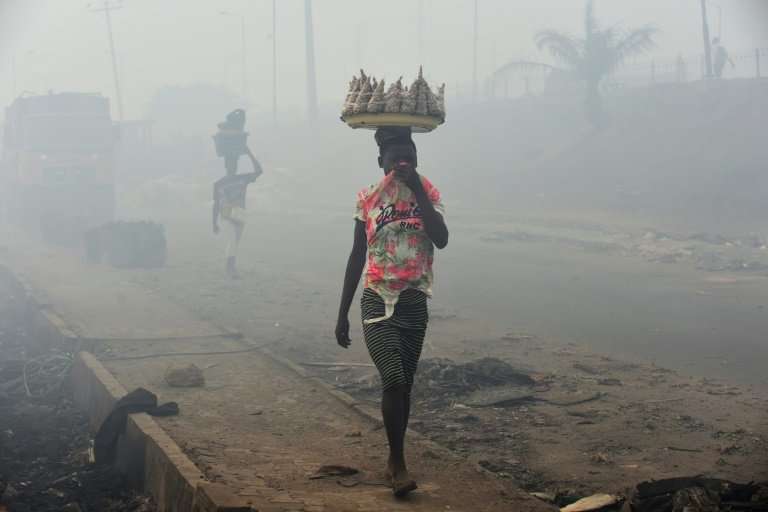As Nigeria joined the rest of the world yesterday to mark World Pharmacists Day 2025, the Board of Fellows of the Pharmaceutical Society of Nigeria (PSN) has called for stronger recognition of pharmacists as frontline healthcare providers, stressing that their contributions remain critical in a system struggling with funding gaps, poor access, and rising disease burdens.
In a statement to commemorate the day, the Chairman of the Board of Fellows, Uchenna Apakama, said this year’s theme, “Think Health, Think Pharmacist,” highlights the central role of pharmacists in building sustainable health systems.
According to him, pharmacists are more than custodians of medicines, serving instead as trusted professionals who ensure quality, safety, and accessibility in healthcare delivery across communities, hospitals, academia, industry, and regulation.
Apakama noted that Nigerian pharmacists operate under immense pressure, citing challenges such as substandard medicines, poor working conditions, limited access to care in rural areas, and the growing burden of both communicable and non-communicable diseases. Despite this, he said, many continue to demonstrate resilience and ethical commitment to patient care.
He stressed the need for policies that integrate pharmacists more fully into health planning and delivery, while also ensuring adequate funding for pharmaceutical services.
“Investing in pharmacists is investing in the health and future of our nation,” he said.
The PSN Board also called attention to the plight of rural pharmacies and younger pharmacists, urging government and stakeholders to support weaker arms of the profession so their services can reach underserved communities.
World Pharmacists Day, marked yearly on September 25, celebrates the contribution of pharmacists worldwide to advancing health and saving lives.
IN a related development, A former chairman of the Pharmaceutical Society of Nigeria (PSN), Anthony Oyawole, has said Nigeria has recorded significant progress in local drug manufacturing, with production of basic pharmaceuticals now moving from 40 per cent to nearly 60 per cent.
Speaking on Channels Television’s breakfast programme, The Morning Brief, yesterday, Oyawole said the country was gradually building its medicine security capacity.
“We are producing about 50 to 60 per cent of the basic drugs we need in the country because the Pharmaceutical Manufacturers Group of the Manufacturers Association of Nigeria is really working assiduously with the government,” he said.
According to him, this is crucial to avoid reliance on imports during health emergencies, recalling how the COVID-19 pandemic exposed vulnerabilities in global supply chains.






